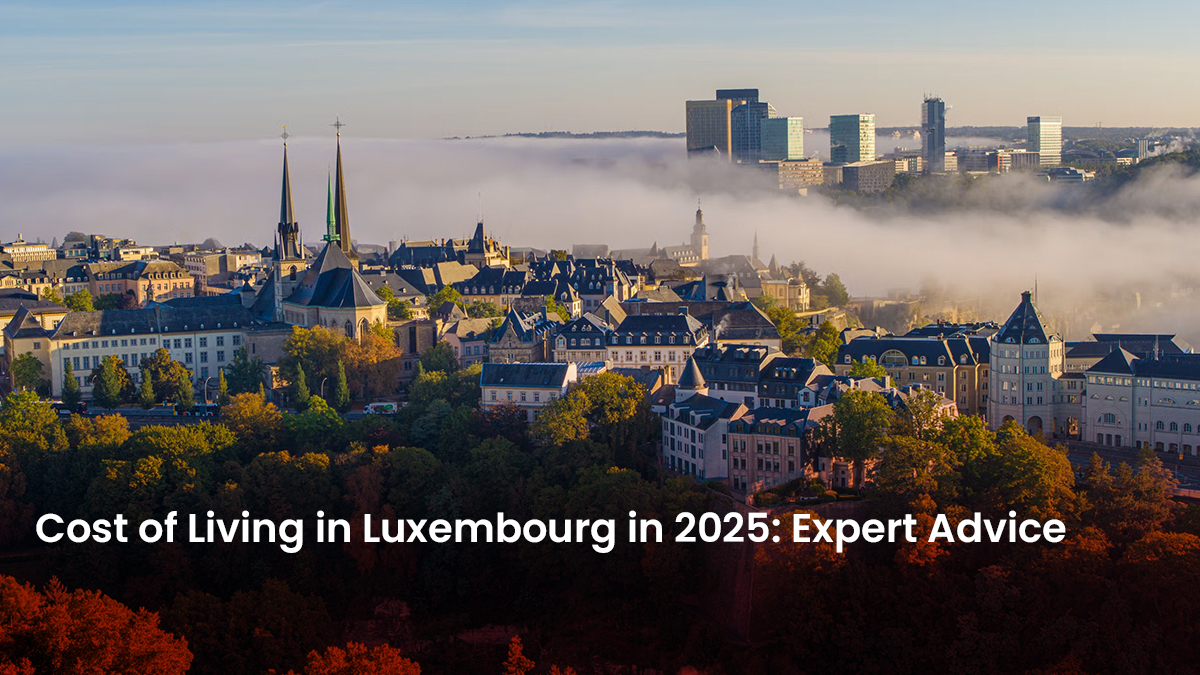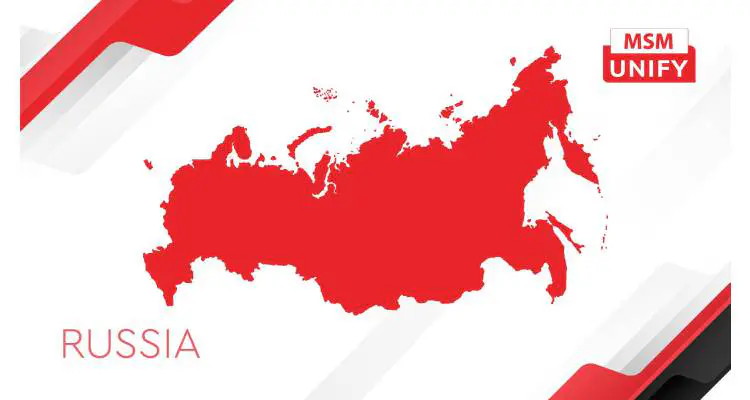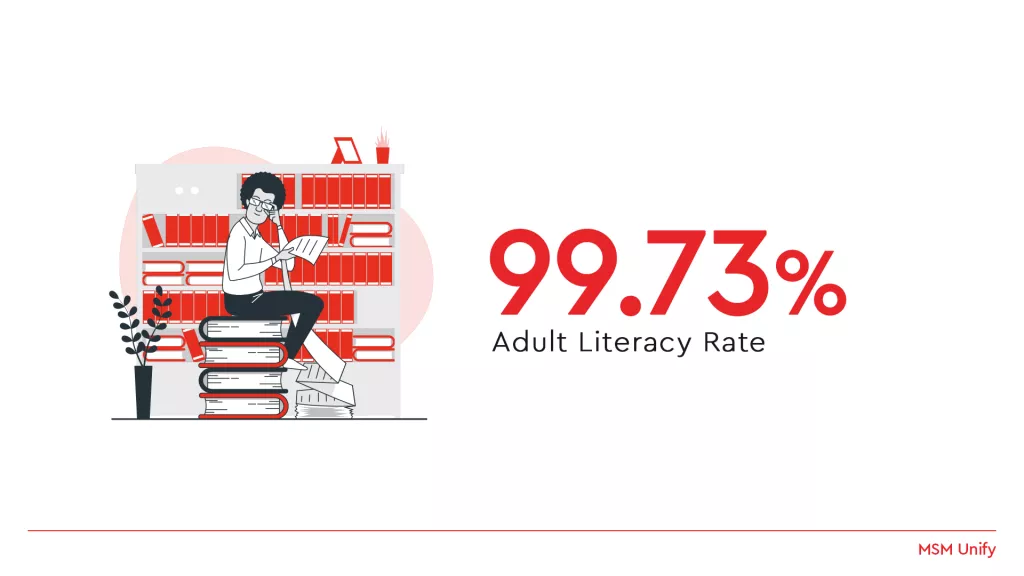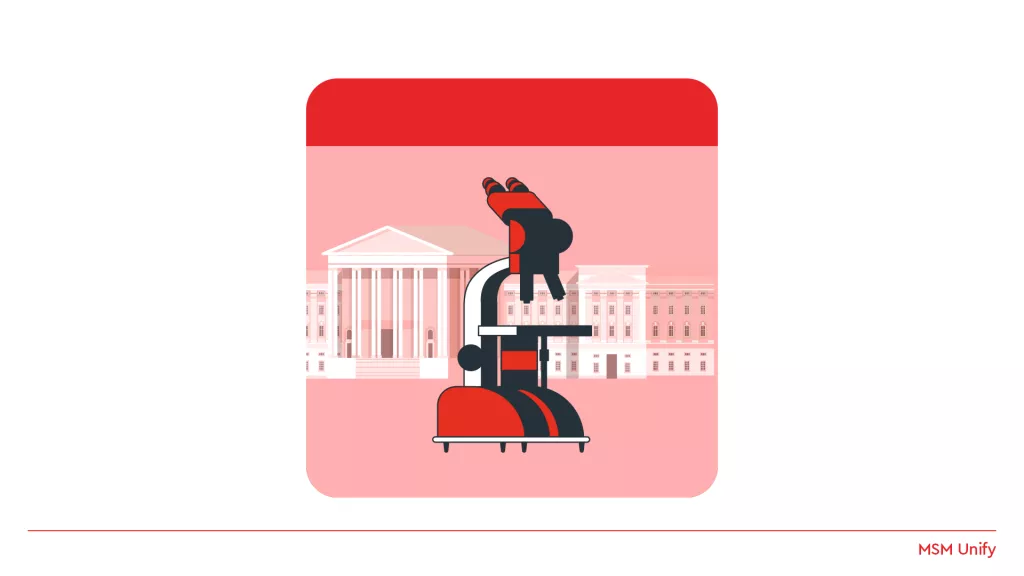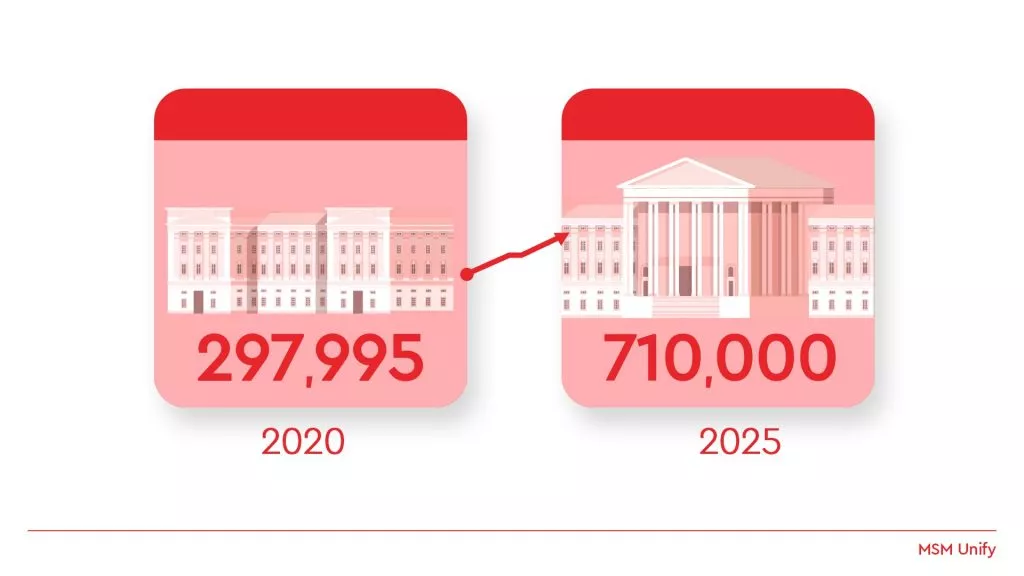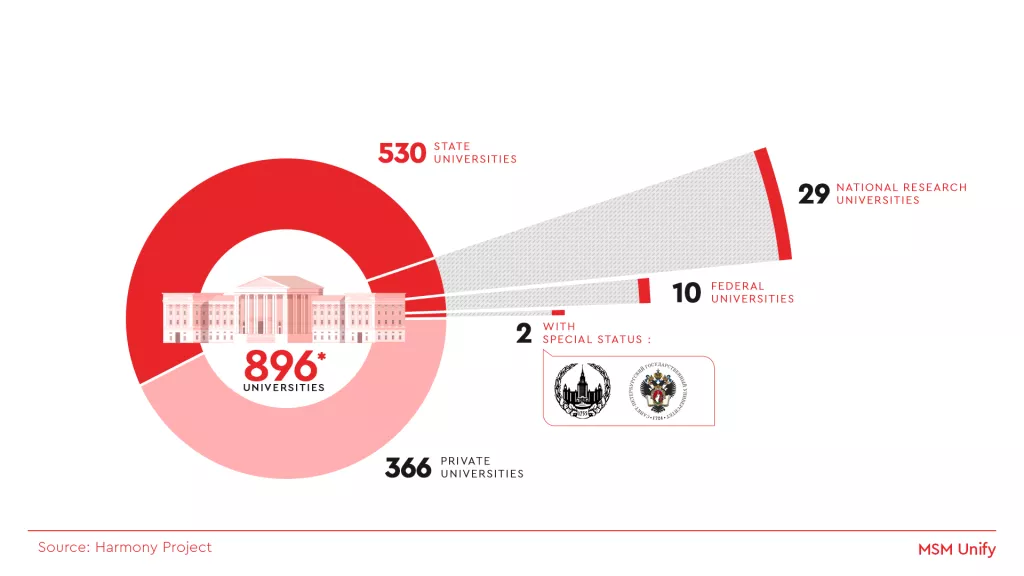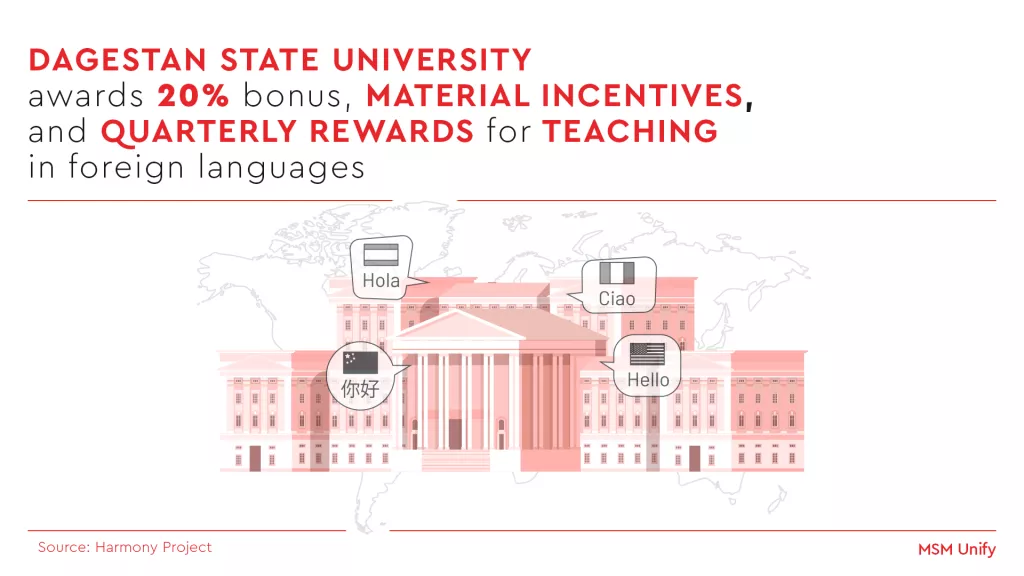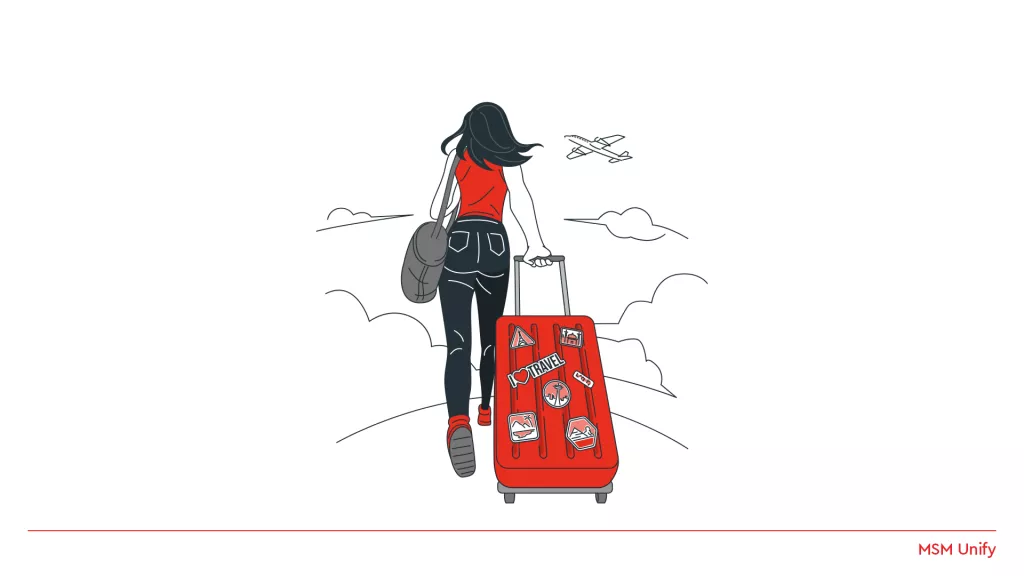An eclectic country hitting strides in international education.
With a high literacy rate, Russia has successfully earned its mark as an educational powerhouse.
With Russia among the first few countries to open its borders to international students, it is easy to see how seriously invested they are in cementing their name in the international education stage. Over the years, the Russian Federation has allotted a considerable percentage of their budget on education. In 2018 alone, the government spent 554.2 billion Russian rubles for higher education.
Improving Research Capacities
The Project 5-100 launched in 2012 is one of the country’s initiatives to internationalize the higher education system. It was designed to ensure that five of the country’s universities will be included in the top 100 world rankings by 2020. While they may have fallen short of this goal, the initiative significantly brought in benefits in other areas.
For many years, Russia has lagged when it came to research. Experts believe that Russia’s views on research were largely inward-facing, mainly due to political reasons. To date, however, it seems that the Project 5-100 has encouraged many universities to build up their research capacities to make it on par with international standards, pushing for significant thrusts toward internationalization.
Attracting Foreign Students
Another one of the main goals is to draw in 310,000 students to choose Russia as their study destination by 2020. With a total enrollment of 297,995 for the 2019-2020 academic year, the country came close to hitting the mark.
While the COVID-19 pandemic may have played a role in dampening the numbers, the education program still delivered impressive results. Its implementation has paved the way for a significant shift in transforming the higher education system in Russia, proving that a good foundation can help increase the competitiveness of Russian universities in the international market. That’s why they are not stopping there. The Russian government has another chance to prove their efforts with their long-term target of admitting 710,000 students by 2025.
How does Russia intend to achieve this ambitious goal?
Collaboration will play a big role. Before, private universities in Russia often competed with state-funded universities. More recently, however, these institutions are taking an active role in supplementing public academic education with specialized niche offerings.
Additionally, the Russian government is now keen on implementing these key strategies:
Teaching and Publication Bonuses
Attracting overseas students to enroll means offering expanded course works that are offered in English. This means faculty members need to step up their game and become highly proficient in teaching courses in English.
To encourage this, the government has committed bonuses and incentives to faculty members with expanded teaching skills. Additionally, financial rewards are given to those whose works get published in Western journals.
Student Visa Extensions
Initially, the validity of a student visa in Russia is only three months, and students need to apply for a visa extension from a local office of the General Administration for Migration Issues. This extension would typically last for a year, and for students who need to complete a three- or four-year stint in Russia, this can be a hassle.
Since December 2017, however, the Interior Ministry of Russia removed the requirement of local processing of visa extensions. Students can now extend their visa validity while they are in Russia, provided they have completed their pre-university training and passed their entrance exams. As the ministry is currently fast-tracking changes in student visa validity, students can expect to enjoy additional benefits.
Tuition and Housing Incentives
Many universities in Russia, both private and public, have begun providing tuition and housing incentives to over 15,000 international students annually. And there are plans to increase this number in the coming years.
Making the Mark
All these strategies in place are meant to attract a greater number of international students beyond the former Soviet bloc. Looking closely at the population of foreign students in Russia, many of them are notably from Kazakhstan, Uzbekistan, and Turkmenistan. Efforts are now targeting to include students from North America, mainly those who cannot get study permits from the US, Canada, and Australia.
The impetus addressed two important factors for Russia: increasing higher education rankings and strengthening reputation in international education—boosting foreign student enrollment.
MSM Unify is an all-in-on student resource platform aimed to give institutions from Russia a reliable bridge that would connect them to agents and their students around the world. Learn how you can make a difference in someone’s life today. Join us at MSM Unify!















